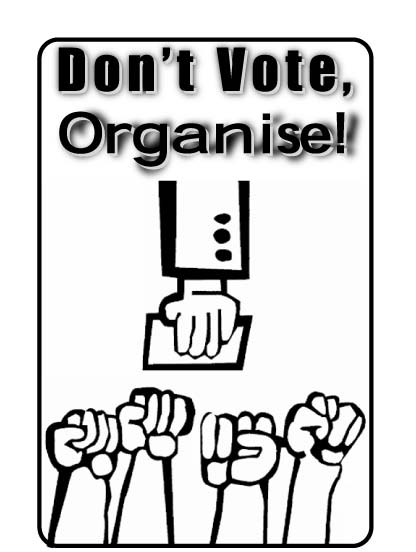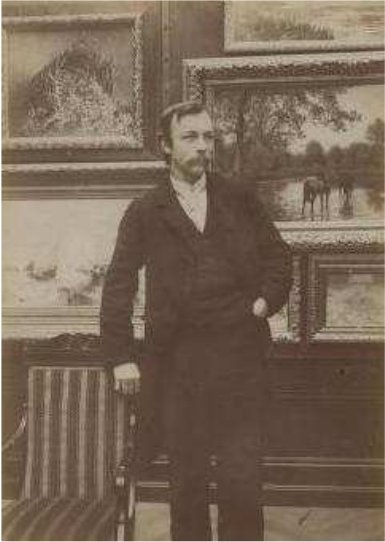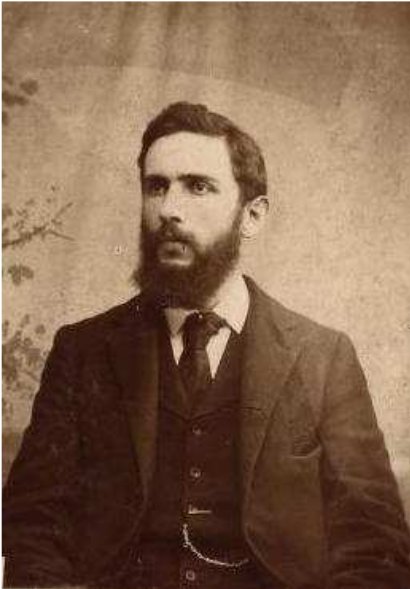“Is shopping a recipe for the city?” (Wade Graham, DREAM CITIES, 2016)
From a generally very interesting chapter on Idea 6, Malls,
in Wade Graham’s Dream Cities: Seven Urban Ideas That Shape the World (a book on architecture and urban forms):
If the world is becoming a mall, has shopping become the driver of urban form? In most educated circles this suggestion elicits a [196] collective shudder. Shopping is sub-serious, as Cicero insisted:
All retail dealing may be described as dishonest and base.[1] Architecture, always zealous in defense of its claim to be a high art, wants nothing to do with it. Except, on rare occasions, to pay the bills. Louis Sullivan did a department store, Frank Lloyd Wright a boutique, Rudolf Schindler a store or two, and I. M. Pei’s first major project was a mall, but these are rarely mentioned along with their canonicalmasterpieces.And yet a case can be made that shopping, in the form of trade, gave birth to the city, that shopping has been and remains the lifeblood coursing through its heart, that the design of shopping is inseparable from the design of cities since time immemorial and is an indispensable guide to the urban future.The largest neolithic settlement known, Çatalhöyük in Turkey, was founded in 7000 BCE, probably as a trading center.[2] The market at the center of Thebes has been dated to 1500 BCE. The Greek agora, or
gathering place,the acknowledged birthplace of Western civilization and democratic society, was both a marketplace for shopping and a civic center for discussion, sociality, and politics. The Greek words forI shopandI speak in publicare both derived from the same root; in modern Greek agora still means marketplace. The agora became the Roman forum, the medieval fair and market town, the Eastern bazaar and souk. Is shopping a recipe for the city? Consider the evidence. In the exchange of goods is gathering, and in gathering is society; meeting, trading information, gossiping, haggling, freedom of movement for women, and people-watching — the original theater is the theater of customers as participants in a perennial ritual and unpredictable drama. Done right, shopping can define space in ways that are fundamentally urban: the shopping space is a space apart, inside, separate from other distracting activities, and essentially pedestrian, but also connected to the outside. [197] Shopping generates movement and density; it mixes and connects people, and disconnected or disparate parts of the city. If this is the case, then maximizing shopping equals maximizing urbanism. . . .. . . [236] We can only hope that shopping design’s evolution toward more inclusion and integration continues. Regardless, as long as it is profitable, it will continue to be a major contributor to the environments we inhabit, as it has been for centuries, if not more. Time will tell. In an essay on the firm’s influence, the L.A. architect and critic Craig Hodgetts asked whether
Jerde’s artificial cosmos may, in time, attain the dignity of the truly cosmopolitan… with the scars and patina of age.Yet age and familiarity are not what make a place truly urban, but its integration into the fabric of the city around it. The question is then, will Jerde’s places become, as some previous forms of shopping architecture have, public places as much as private ones–places integral to urban vitality?— Wade Graham, #6. Malls.
In Dream Cities: Seven Urban Ideas That Shape the World (2016).
See also:
- GT 2019-04-13: Market-Women and the Revolutionary Market-place (Gold Coast/Ghana, 1947-1948)
- GT 2013-08-20: We know other marketplaces.
- GT 2011-10-11: Markets used to be celebrations….
- [1][
Sordidi etiam putandi, qui mercantur a mercatoribus, quod statim vendant….
Cic., De officiis i. 150, here lightly paraphrased by the translator that Graham quotes. More literally:And again — they are to be reckoned sordid, who buy from merchants what they turn around and sell.
In the passage, Cicero is listing off a series of working-class trades and lines of business thatwe
(Roman noblemen) understand to besordid
(dirty) orilliberal
(unfit for or unbecoming of a free gentleman) — among them toll-taking, money-lending, all hired work that is purchased for labor rather than for artistic or skillful quality, buying from merchants to resell, manufacturing in a workshop, and trades that minister to immediate enjoyment, like fishing and fish-selling, butchery, cooking, poultry-stuffing, cosmetics, dancing and performing in variety shows. –RG.]↩ - [2][This is contested; some confidently assert it was founded for trade, some assert just as confidently that all the evidence now points to it being founded as a religious center, etc. etc. –RG.]↩


